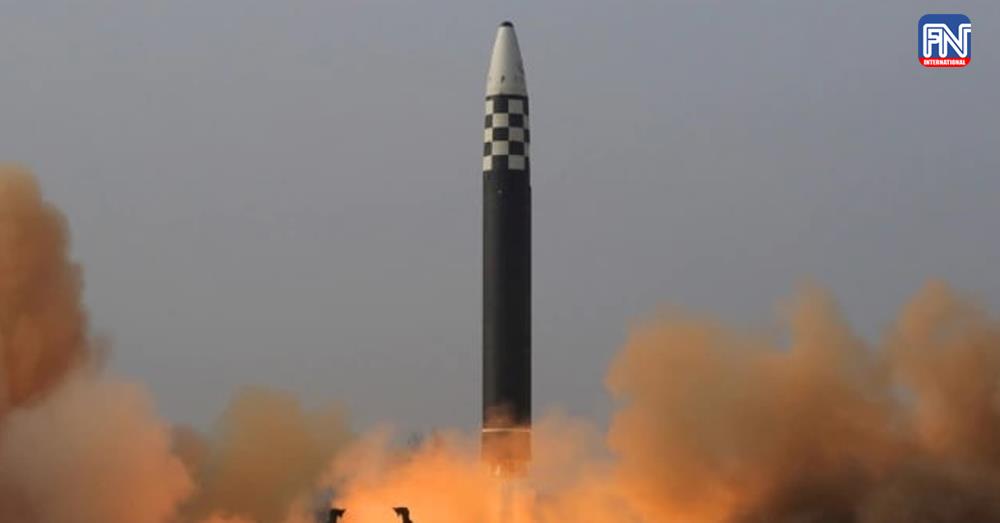UNITED NATIONS, March 26 (TASS) - The current situation on the Korean Peninsula was, in many respects, caused by the introduction of numerous sanctions against North Korea, Russian Deputy Permanent Representative to the UN Anna Yevstigneyeva told the UN Security Council on Friday.
"Unfortunately, up until now the UNSC has only stiffened the restrictions, ignoring the positive signals coming from North Korea. So to a large extent, the current developments that we see are but consequences of shortsightedness of some colleagues present here, who are not ready to go beyond the limits of sanctions-based paradigm, which has not guaranteed security in the region over those many years," she said during a Security Council session on the situation in North Korea.
Disarm of Pyongyang
Pyongyang is very unlikely to make any concessions regarding its missile and nuclear programs if the sanctions against North Korea continue to spiral, Evstigneeva said.
"We would like to remind our American colleagues that negotiations are a two-way avenue. There is no point waiting for Pyohgyang to disarm unconditionally when what it gets in return is threats to spiral up sanctions and unsubstantiated promises as guarantees," she said.
Security on Korean Peninsula
Russia opposes any move that may threaten security on the Korean Peninsula, Yevstigneyeva said.
"Russia stands against any military activity posing threat to security of the Korean peninsula and North-East Asia states," she said.
Security Council restrictions
The so-called secondary sanctions, imposed by the United States and its allies on North Korea, undermine the coordinated measures taken within the UN Security Council framework, Yevstigneyeva said.
"What raises even greater resentment is the so-called secondary sanctions against the DPRK and other states that Washington and its allies impose in circumvention of and in addition to the UNSC sanctions," the Russian diplomat said during a UN Security Council session on the situation in North Korea.
"Unilateral restrictions not only infringe on sovereignty and legitimate interests of member states and contradict the rules and norms of global trade, but also undermine the integrity of UNSC-imposed sanctions," she went on.
In her words, attempts to "consecrate" such restrictions by the authority of the Security Council or its 1718 Committee on the DPRK are unacceptable.
"Institutes and mechanisms of the United Nations and its Security Council should support inter-Korean settlement and dialogue rather than impede these processes," Yevstigneyeva added. "Only then will we be able to speak of effective resolution of the region’s accumulated problems, including the nuclear one, on the bases of a dialogue and mutually acceptable agreements. Sanctions and pressure will not be able to achieve this.".


